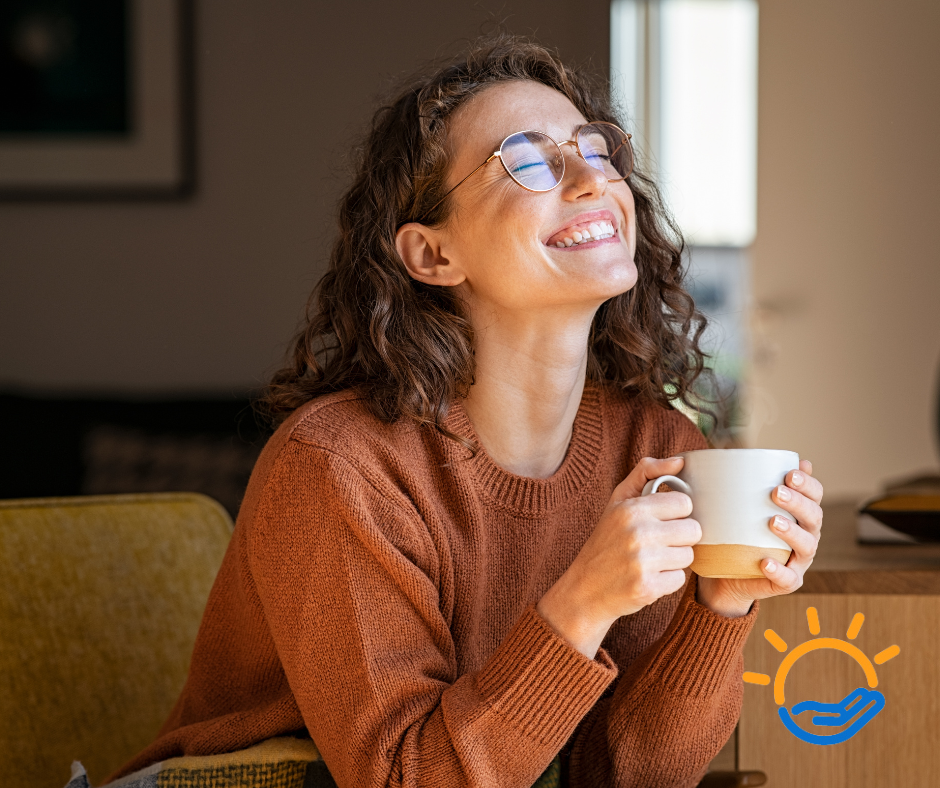Music and Mental Health

In an online group I’m in about sobriety, someone said listening to music is part of their recovery. I started learning drums after I got sober; a friend started learning guitar after she quit drinking. Not only does recovery allow a different relationship to music; music can aid in recovery and benefit mental health. A […]
What is the History of Co-Occurring Disorder Treatment?

It’s important to treat addiction and mental health disorders simultaneously. People with mental health disorders may self-medicate with drugs or alcohol, but those substances tend to exacerbate mental health disorder symptoms. This makes it crucial to address both. However, we didn’t always know this. For much of the history of addiction and mental health treatment, […]
Making and Breaking Habits

Repeated use of substances “teaches” the brain to crave them. While substance use disorders are an extreme example because they significantly impact dopamine levels—which are responsible for reward and motivation—any habit has roots in the brain. The amount of time it takes to build or alter a habit varies based on the habit, the person […]
Learning About Yourself in Recovery

In active addiction—especially for people who started drinking or using early—it’s hard to form a sense of self. Your self during that time is under the influence of or recovering from substances. Addiction often stunts your emotional development. In recovery, you learn who you are without substances. This can seem overwhelming—especially in early sobriety—but it […]
Repairing Relationships in Recovery

Human connection is an important part of recovery, but people may come to early sobriety with damaged relationships. Sometimes people in the throes of addiction hurt those around them actively, and other times they do so indirectly—through things like not considering others’ feelings or causing them to chronically worry. The reason many addiction treatment centers […]
A Conversation With Dr. Beverly Greene About Marginalization and Mental Health

I spoke with Dr. Beverly Greene about how marginalization impacts mental health, why it’s important for therapists to understand this, and how clients can identify what they believe about themselves and why. Dr. Greene, PhD, ABPP, is a Professor of Psychology at St. John’s University and a practicing clinical psychologist in New York City. She is […]
Coping With Guilt in Recovery
Many of us in recovery have guilt about things we said or did (or didn’t say or do) during active addiction. We are not always in full control of our actions when we are drinking or using, so we often act in ways that don’t align with our values. Addiction can also lead to secrecy, […]
TruHealing to Attend Lowcountry Mental Health Conference

Tomorrow, TruHealing staff members will be attending the Lowcountry Mental Health Conference! This is an annual conference that began in 2012 with 180 people and has since expanded to over 1,600 attendees. At the Lowcountry Mental Health Conference, prominent healthcare professionals give educational talks to help people working in the mental health field grow […]
A Conversation With Carl Erik Fisher About His Book the Urge: Our History of Addiction

I spoke with Carl Erik Fisher over Zoom about his book The Urge: Our History of Addiction. Fisher is an addiction physician and bioethicist. He is an assistant professor of clinical psychiatry at Columbia University’s Division of Law, Ethics, and Psychiatry, and maintains a private psychiatry practice focused on addiction. Fisher’s writing has appeared in […]
The Importance of Trauma-Focused Care in Treatment

Many times, the person being treated for addiction is confused about the root causes of their disorder. Some surveys suggest that trauma could be responsible for most substance abuse. For this reason, trauma-focused care is now at the forefront of treatment programs and is of vital importance in any treatment plan for substance abuse or […]







